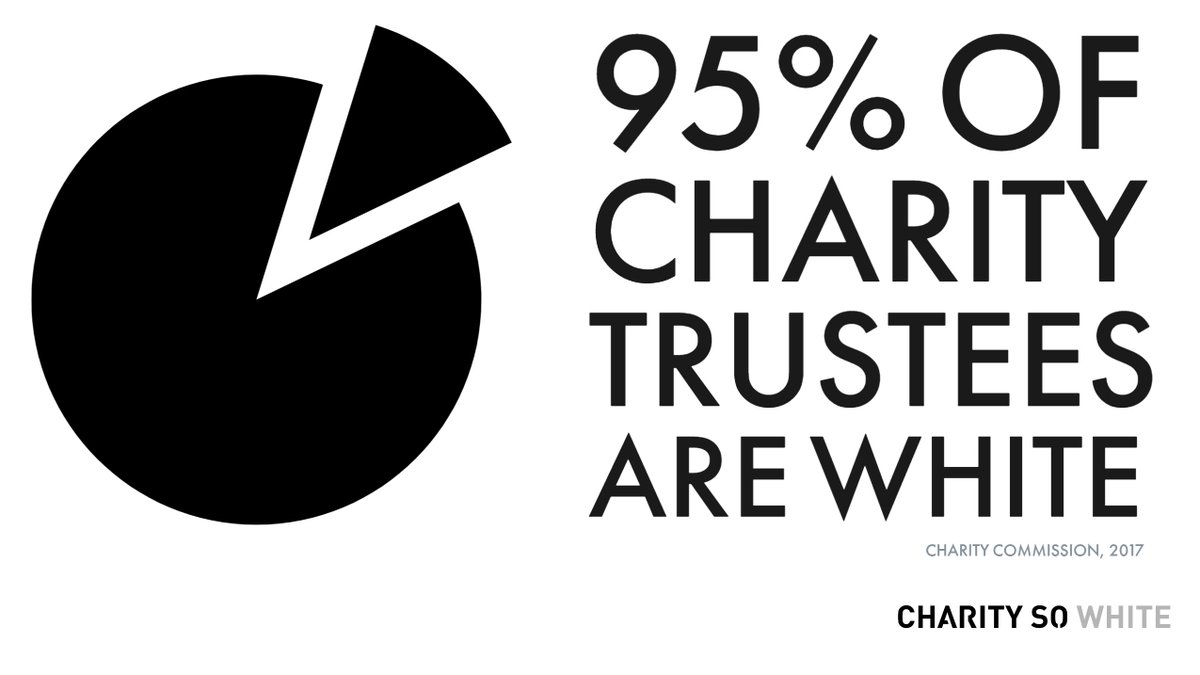Emphasis on employing highly educated staff could be diversity barrier, NCVO research warns
Charities are employing highly educated staff but this may be at the cost of excluding people who face greater barriers to education and experience, new NCVO research suggests.
Over half of the voluntary sector workforce (51%) is educated to degree level, NCVO’s Planning for tomorrow’s workforce: understanding skills and skills gaps in the voluntary sector reveals, while over 70% of voluntary organisations put ‘critical’ or ‘significant’ value on applicants having relevant work experience.
43% of voluntary sector employers say their staff have skills and qualifications that are more advanced than required for their current role, higher than in the public sector (41%) and notably higher than in the private sector (33%).
However, as a result, employers could be excluding candidates from backgrounds where people face barriers to higher education or are less able to gain work experience or experience through volunteering, including voluntary internships, says NCVO, with this likely to affect people from less advantaged socio-economic backgrounds and disabled people, while younger people inevitably have less previous work experience.
NCVO researchers also found that the sector’s staff are likely to be older (38% were aged 50 or over compared to 35% in the public sector and 30% in the private sector) and charities were also less likely than other employers to employ staff into their first job after leaving education.
Voluntary sector staff are also less likely to be from a BAME background, just 9% of staff compared to 12% in both the public and private sectors.
Researchers analysed the results of three major national surveys for the report: the Employer Skills Survey, the Employer Perspective Survey and the Labour Force Survey.
More findings:
- In common with other sectors, larger voluntary sector organisations are more likely to report skills gaps among their employees than smaller ones.
- Analysis of several years of surveys finds voluntary sector employers now reporting fewer gaps in skills related to teamwork and time-management, with more reporting gaps in specialist skills and skills related to influencing.
- Levels of part-time working were higher in the voluntary sector than other sectors at 37% in the voluntary sector compared to 25% in the private and 28% in the public sector.
- 67% of the sector’s workforce is female, compared to 66% in the public sector and 41% in the private sector.
Keeva Rooney, senior researcher at NCVO, said:
“The findings paint a clear picture of a highly skilled workforce, indeed often an over-skilled workforce. This is in many ways an asset and likely reflects the positive commitment people have to staying in the sector.
“Of course there are very highly skilled people from all backgrounds working in and looking to join the sector. But the reality is some groups still face greater barriers to higher education and to getting work experience, particularly unpaid experience.
“It’s important that we think about the consequences of this for the shape of workforces as a whole. It could be a contributing factor in lowering diversity. If charity employers are prioritising applications from, or in some cases only accepting applications from, those with degrees or even higher-level degrees or with possibly more experience than is really required, they inevitably create barriers that some groups will be more likely to be affected by than others.
“Unless charities think about how to invest in bringing in and training staff with different backgrounds, we’re likely to continue to see the sector struggling in terms of diversity.”Advertisement




